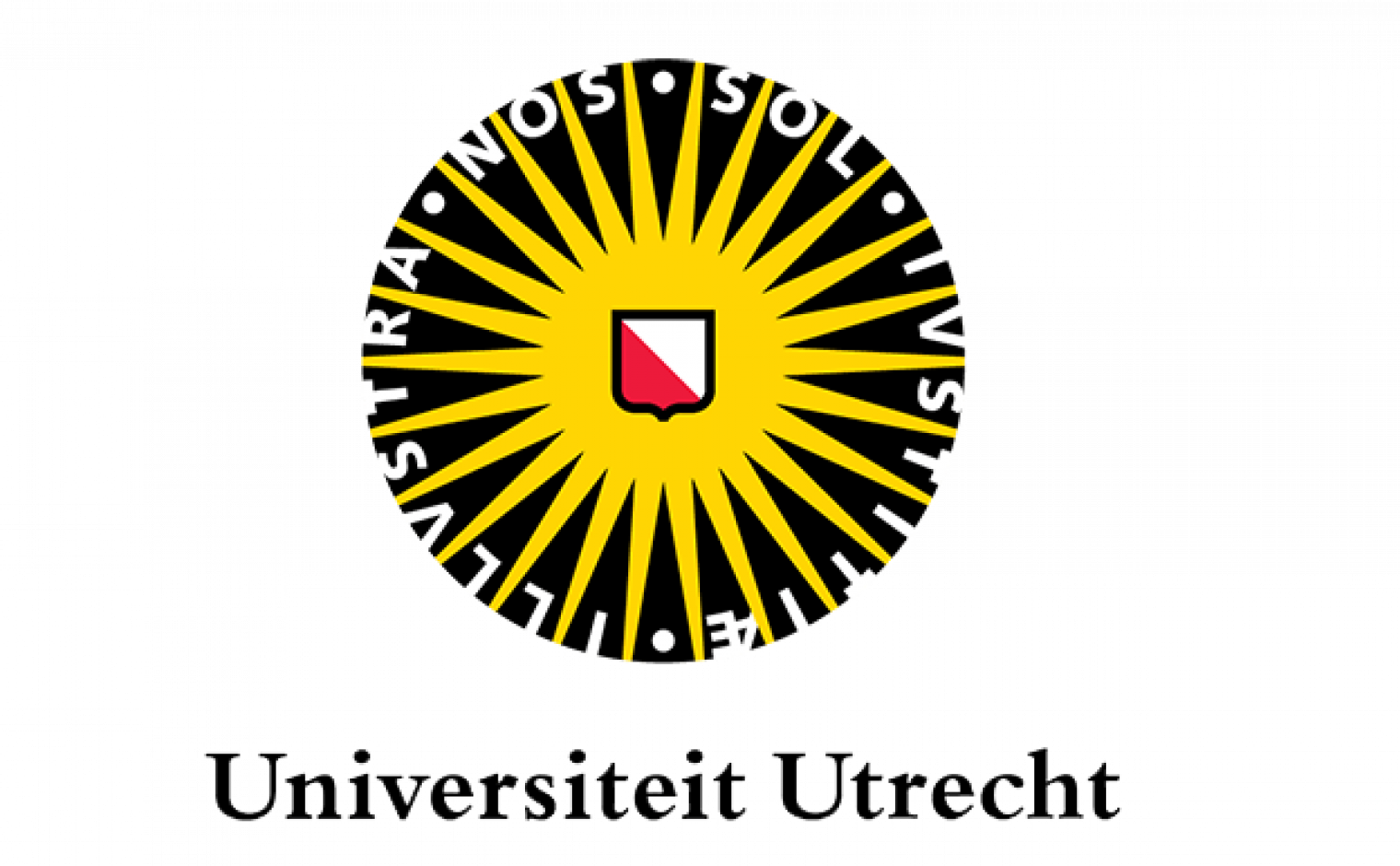In chronic lymphocytic leukaemia, the spread of tumour cells to lymph nodes depends to a large extent on the chemokine receptor protein CXCR4, which is produced at increased levels in many types of cancer and can therefore enhance tumour growth.
In the MAGNETIC project (Multimeric Antibody formats targeting GPCR NETworks in leukaemic cells), professor Martine Smit, together with associate professor Marco Siderius, is investigating how CXCR4-positive tumour cells in chronic lymphocytic leukaemia can be most effectively eliminated. This could lead to a new generation of CXCR4-targeted nanobodies, antibody fragments, for the treatment of leukaemia. They are collaborating with research groups at Amsterdam UMC (Prof. Arnon Kater) and Utrecht University (Dr Wei Wu) and joining forces with the companies QVQ (Raimond Heukers) and argenx, to develop nanobodies and antibodies to effectively inhibit the chemokine receptor protein.
Human and viral chemokine receptors, which play a role in cancer, are the central focus of the research group led by Smit and Siderius. Unravelling how these receptor proteins contribute to tumour growth is essential for the development of new treatment methods.



